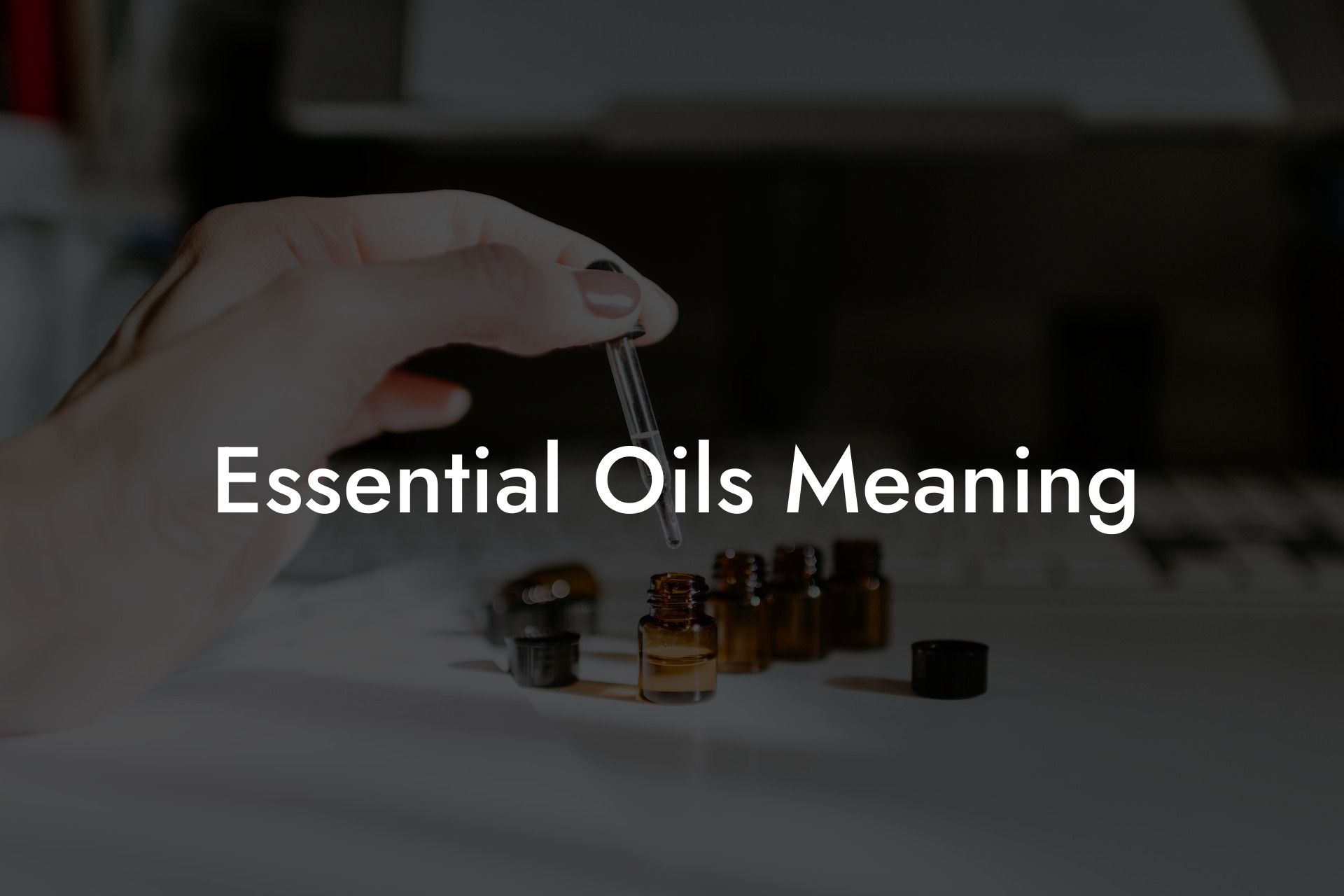Have you ever found yourself intrigued by the world of essential oils, but overwhelmed by the plethora of information and terminology surrounding them? You’re not alone. Welcome to our comprehensive guide to essential oils, where we simplify the meaning and usage of these amazing natural gifts. Join us as we unravel the mystery of essential oils and delve into their various benefits, types, and applications in everyday life.
What are Essential Oils?
Essential oils are concentrated liquids containing the volatile aroma compounds of plants. These fragrant oils are extracted through various methods, including steam distillation, cold pressing, and solvent extraction. They capture the essence of the plants’ unique scents and flavors, and have incredible medicinal and therapeutic properties.
Types of Essential Oils
There are countless essential oils available today, each with its own unique benefits and characteristics. Some popular essential oils include:
- Lavender – Known for its calming and soothing properties, lavender oil is perfect for relaxation and stress relief.
- Peppermint – An uplifting and invigorating oil, peppermint promotes mental alertness and can help alleviate headaches.
- Tea Tree – With powerful antiviral, antibacterial, and antifungal properties, tea tree oil is effective in treating skin issues and boosting the immune system.
- Rosemary – Effective in improving memory and concentration, rosemary oil also acts as a stimulant to promote mental and physical energy.
Benefits and Uses of Essential Oils
Essential oils offer a wide array of benefits and can be used in numerous ways to enhance our daily lives. Some common uses include:
- Aromatherapy – By diffusing essential oils into the air, you can create a relaxing and therapeutic environment to help improve your mood, reduce stress, and promote mental wellbeing.
- Topical Application – Diluted essential oils can be applied directly to the skin to alleviate pain, reduce inflammation, and improve skin conditions.
- Household Cleaning – Many essential oils, like lemon and tea tree, can be used as natural cleansers and disinfectants for a safer and more environmentally friendly way to clean.
- Personal Care – Essential oils can be incorporated into your daily skincare, haircare, or even dental routine to promote natural beauty and wellness.
Essential Oils Meaning Example:
Imagine coming home after a long and stressful day at work. Your mind is racing, and you’re struggling to relax and unwind. Instead of reaching for an over-the-counter medication, you decide to explore the power of essential oils. You fill your diffuser with water and add a few drops of lavender essential oil. Within minutes, the soothing scent fills your home, quickly calming your nerves and helping you to decompress.
The next day, when you wake up with a throbbing headache, you remember the power of essential oils and decide to give peppermint oil a try. You mix a drop with a carrier oil and gently massage it onto your temples. Almost instantly, the cooling sensation eases the tension in your head and provides relief from your headache.
Now that you have a deeper understanding of the meaning and benefits of essential oils, you’re well on your way to incorporating these natural wonders into your daily life. As you experiment with various essential oils, take the time to explore our other articles and guides on the Oshu Oils blog to learn about the countless ways these incredible botanicals can promote health and wellbeing. Remember to share your newfound knowledge with friends and family and invite them to explore the Oshu Oils range of essential oils. Together, we can build a community focused on holistic wellness and empowered self-care.





















